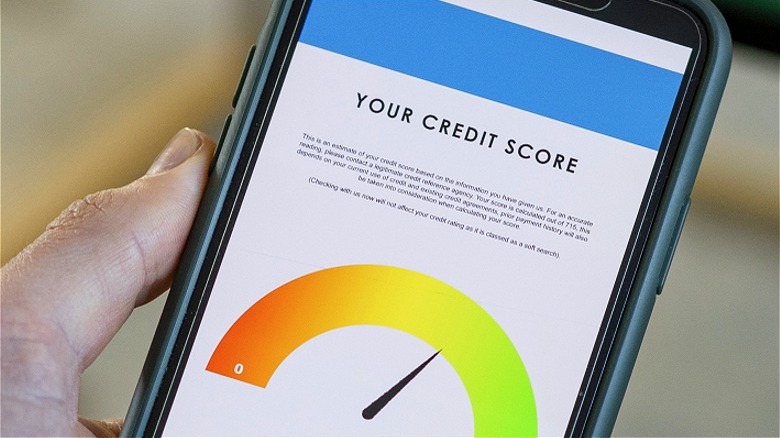Will Two Credit Cards Build Your Credit More Quickly?
There are a lot of myths, tips, and tricks out there for building and/or repairing your credit. While some (like increasing your credit limit) have a lot of merit others (like carrying a balance on credit cards) do not. While it can be hard to know what specific tips and tricks are worth following, it's important to do your research before implementing any new financial strategies into your budgeting. One of the tricks you might have heard about is that having more credit cards will help you build your credit faster. We're here to tell you that having a second card isn't nearly as important as how you manage your card.
While there can be other unintended positives to your credit as a result of having additional credit cards, having a single well-managed card is all that's necessary to build solid credit. Though many people might hope for a quicker fix to their credit issues, time is often the best way to rebuild credit. Since both lenders and creditors value consistency and reliability, maintaining responsible financial decisions long-term is ultimately the best way to achieve the kind of high credit score you hope for. This can be easily achieved through the responsible handling of just a single credit card. With that in mind, there's a lot to know about how exactly your credit score is affected by different credit factors and contributing financial decisions. Let's dive into why the myth of having two credit cards still persists.
Understanding your credit mix
While you can build solid credit with a single credit card, it's important to realize that something called credit mix is a contributing factor to your credit score. Credit mix is essentially the different kinds of credit accounts you might have in your overall credit report. That is, revolving credit types (such as credit cards), installment accounts (like car and student loans), mortgage accounts, and open credit accounts (which can be credit cards or even a collections account where the total amount must be paid at the end of the period). Lenders and creditors tend to prefer diverse credit mixes when looking at applicants so having and maintaining different forms of credit can help your credit.
However, if you only have limited forms of credit, don't worry. Though your credit score benefits from a more diverse credit mix, your score won't be punished if you only have one or two types. As Anthony Sprauve, a consumer credit specialist at FICO, explained to NerdWallet, "You are rewarded for having multiple kinds of accounts — auto loan, mortgage, line of credit, etc. — but you are not penalized if you don't."
Credit mix accounts for 10% of your FICO score, and it's combined with the age of your credit to account for 21% of your VantageScore. So, while credit mix isn't one of the most significant factors in determining your credit score, it can still impact your ability to reach very good (740 to 799) or even excellent (800+) credit scores.
Adding more credit cards
Even though you don't need to have multiple credit cards to achieve/maintain a good credit score, you might still decide you want a second credit card (especially if you're looking for specific perks or policies). A big factor to consider is your credit utilization. By increasing your overall available credit limit through the addition of another credit card, you can greatly improve your existing credit utilization ratio. The guideline preferred by lenders and creditors is to keep this ratio below 30%, so having more room in your credit limit can help make it easier to maintain a preferred percentage, which, in turn, helps your credit.
With that in mind, remember that credit history and length of credit are also important contributing factors to your credit score. Therefore, it could be worth investigating increasing the credit limit on your existing credit card before deciding to get a brand new card altogether. Not only can doing this benefit your credit utilization ratio but it can also further benefit your credit score by maintaining the length of your existing credit. Getting a new credit card will actually lower the average age of your open credit accounts, which can impact the 15% of your credit score that is connected to the length of your credit history.
Plus, by increasing your credit limit with your existing card account, you can save yourself from additional hard credit inquiries. Since the process for applying for credit cards involves hard credit checks, applying can actually lower your credit score.


